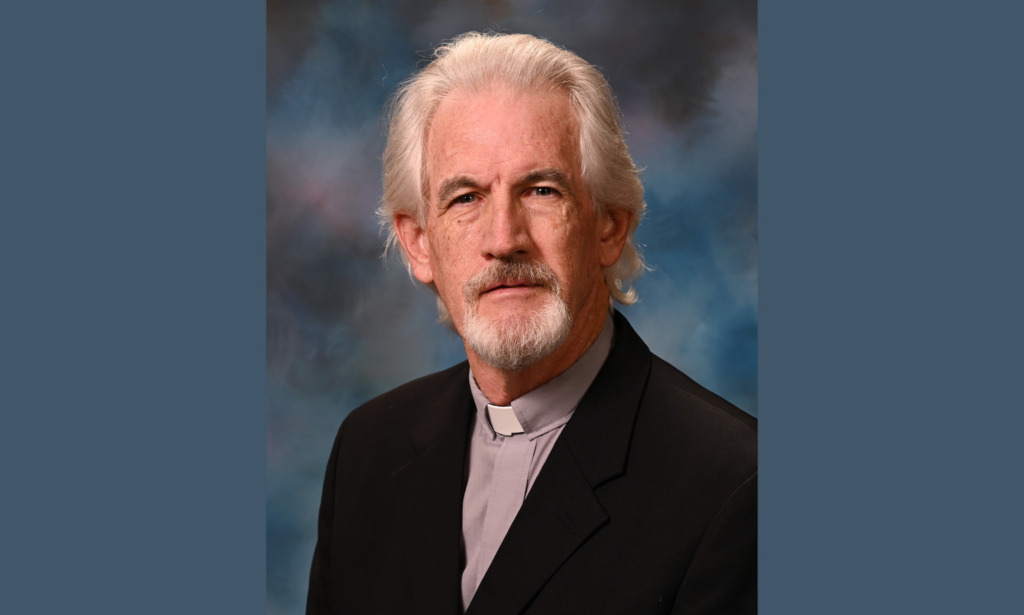Second Sunday Ordinary Time Cycle A Is 49:5-6; Ps 40: 2,4,7-10; 1 Cor 1: 1-3; Jn 1:29-34
As we begin Ordinary Time, the Church gives us readings about the call of God. They speak to us about this calling and, as a result, our purpose in life.
Isaiah tells us he was called to be God’s servant, not only “to raise up Jacob and restore Israel,” but also “to be a light for the nations.” In the letter to the Corinthians, Paul identifies himself as one “called to be an Apostle of Jesus Christ, by the will of God.”
John the Baptist tells us he was called by God so “Jesus may be made known to Israel” (31). By giving an account of what he saw, the dove descending upon Jesus, and what he was told — that this is how he would recognize the Messiah — he is giving direct evidence of Jesus’ identity.
We can’t give direct evidence that Jesus was born, that he was baptized in the Jordan or that a dove descended upon him. We haven’t seen these things, but we have been called to testify to them, and the witness of John and the early Christians and Scripture show us the way. By virtue of our baptism, our lives are different.
Tim O’Malley, academic director of the Notre Dame Center for Liturgy, wrote in an Advent reflection dated Dec. 18, 2022, “The birth of Christ gives new meaning to the daily lives of every man and woman…it changes everything.”
The challenge is to find that new meaning. Maybe it became evident or reaffirmed during the Christmas season. Perhaps it will become evident over the next few weeks with our readings about being called. Be assured that the call is there, and if we look for it, watch for it or listen for it, we will know it.
No one is so lost or so far from the Kingdom of God that they can’t be called. In the reading from Acts of The Apostles on the feast of St. Stephen, we hear how Saul sat watching the stoning of Stephen. The line immediately after this reading tells us that Saul was in agreement with the stoning. I can’t imagine being any further from Jesus than concurring with the death of one of his most faithful followers.
No one is so insignificant that they don’t have a role to play in sharing the message, the Good News of Christ. In the novel “A Christmas Carol,” we see this clearly. Bob Cratchit relates to his wife what Tiny Tim said on their way home from church on Christmas morning: “He told me that he hoped the people saw him, because he was a cripple and so it might be pleasant for them to remember who made the lame walk and the blind see.”
We are all called in some way to testify to the truth, to share the Gospel message. Regardless of our state in life or whatever category we fall into or put ourselves in, we are all called to be evidence of God’s presence in the world.
The Psalmist proclaims the Lord doesn’t look for holocausts from us, rather the Lord wants us to hear and do God’s will. Each of us is called to testify to the truth, to do God’s will through our actions and in our words.
How are we called testify to the truth, to give witness to the Gospel? How are we called to do God’s will?
Deacon Christopher Colville serves at Church of the Redeemer, Mechanicsville.

